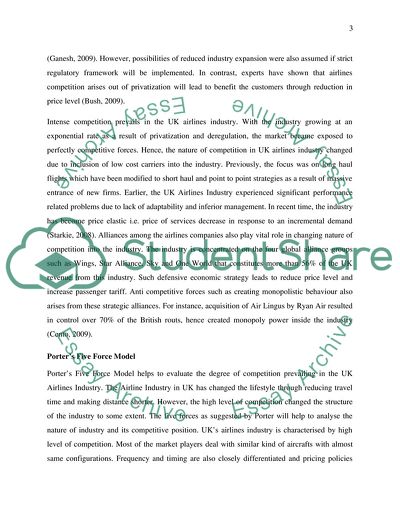Cite this document
(Using an example from the leisure industry, e.g.) airline travel, to Essay, n.d.)
Using an example from the leisure industry, e.g.) airline travel, to Essay. https://studentshare.org/business/1855042-using-an-example-from-the-leisure-industry-eg-airline-travel-to-what-extent-will-a-high-degree-of-competition-in-a-market-result-in-lower-prices-for-the-consumers
Using an example from the leisure industry, e.g.) airline travel, to Essay. https://studentshare.org/business/1855042-using-an-example-from-the-leisure-industry-eg-airline-travel-to-what-extent-will-a-high-degree-of-competition-in-a-market-result-in-lower-prices-for-the-consumers
(Using an Example from the Leisure Industry, e.G.) Airline Travel, to Essay)
Using an Example from the Leisure Industry, e.G.) Airline Travel, to Essay. https://studentshare.org/business/1855042-using-an-example-from-the-leisure-industry-eg-airline-travel-to-what-extent-will-a-high-degree-of-competition-in-a-market-result-in-lower-prices-for-the-consumers.
Using an Example from the Leisure Industry, e.G.) Airline Travel, to Essay. https://studentshare.org/business/1855042-using-an-example-from-the-leisure-industry-eg-airline-travel-to-what-extent-will-a-high-degree-of-competition-in-a-market-result-in-lower-prices-for-the-consumers.
“Using an Example from the Leisure Industry, e.G.) Airline Travel, to Essay”. https://studentshare.org/business/1855042-using-an-example-from-the-leisure-industry-eg-airline-travel-to-what-extent-will-a-high-degree-of-competition-in-a-market-result-in-lower-prices-for-the-consumers.


